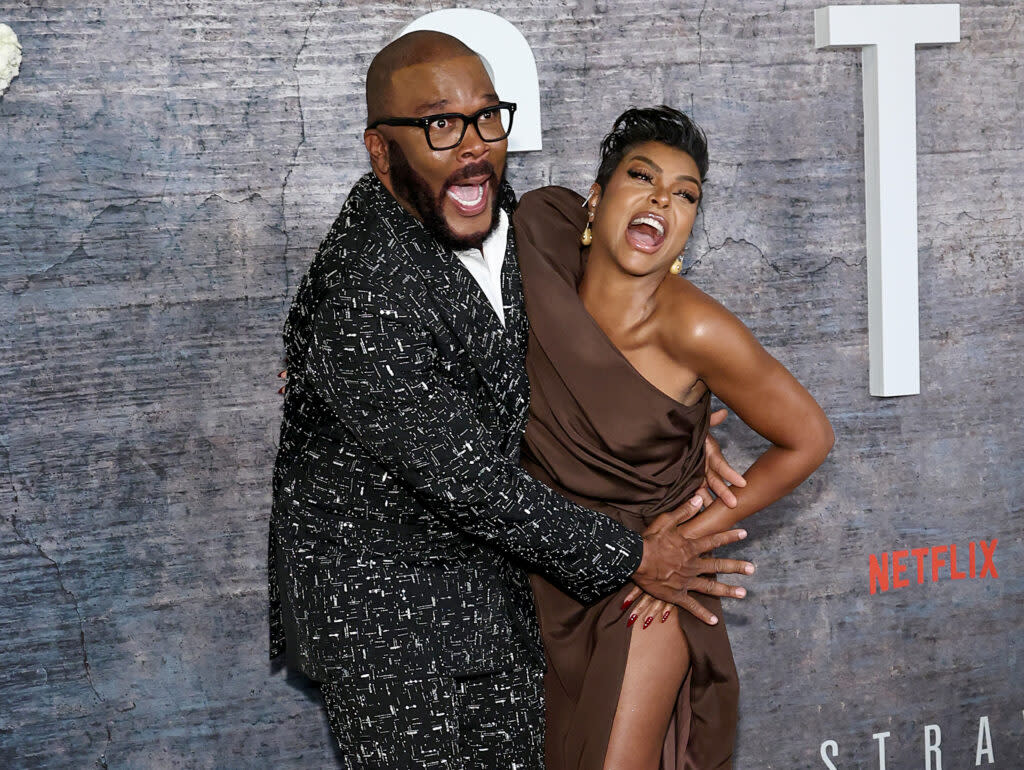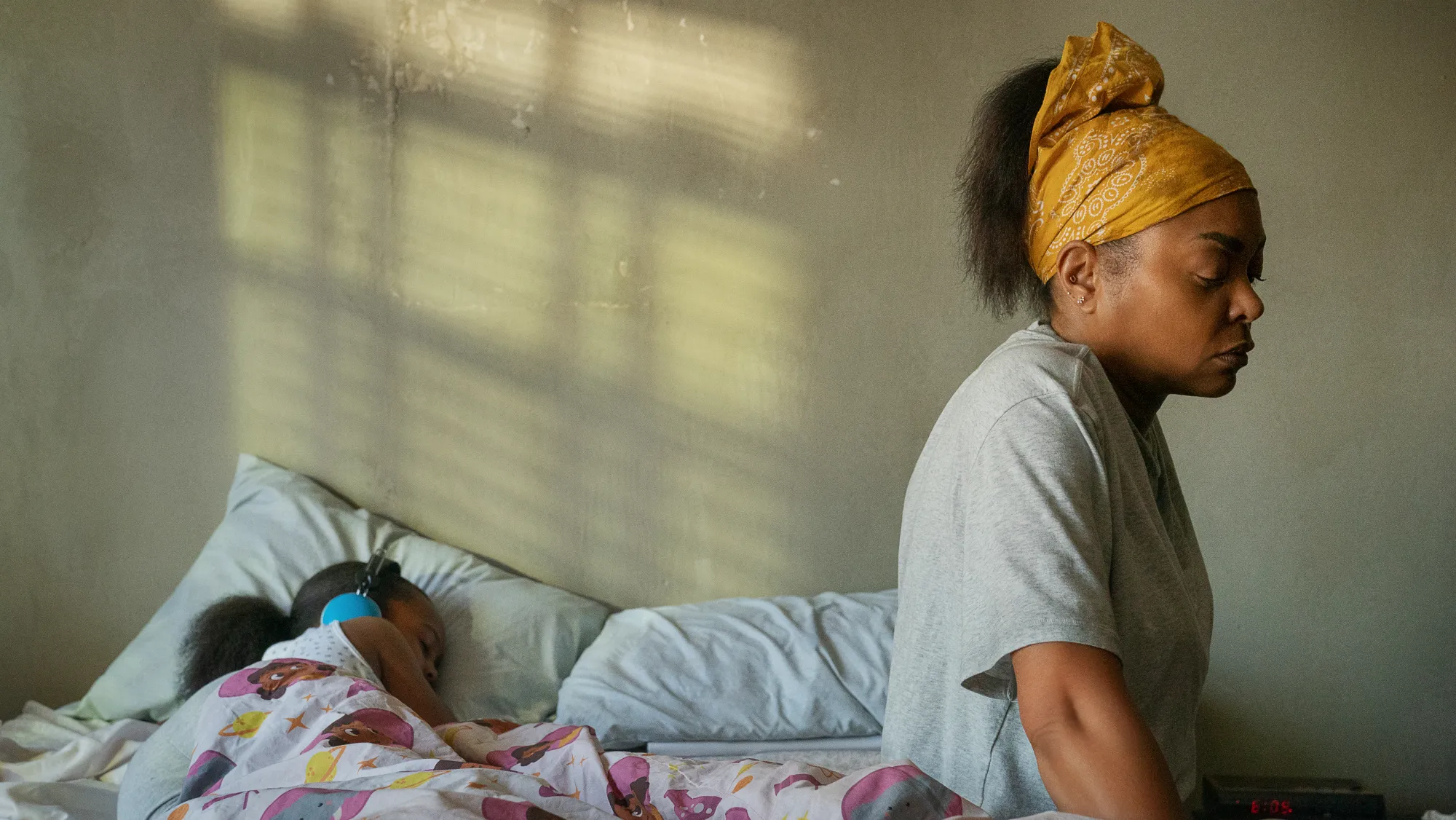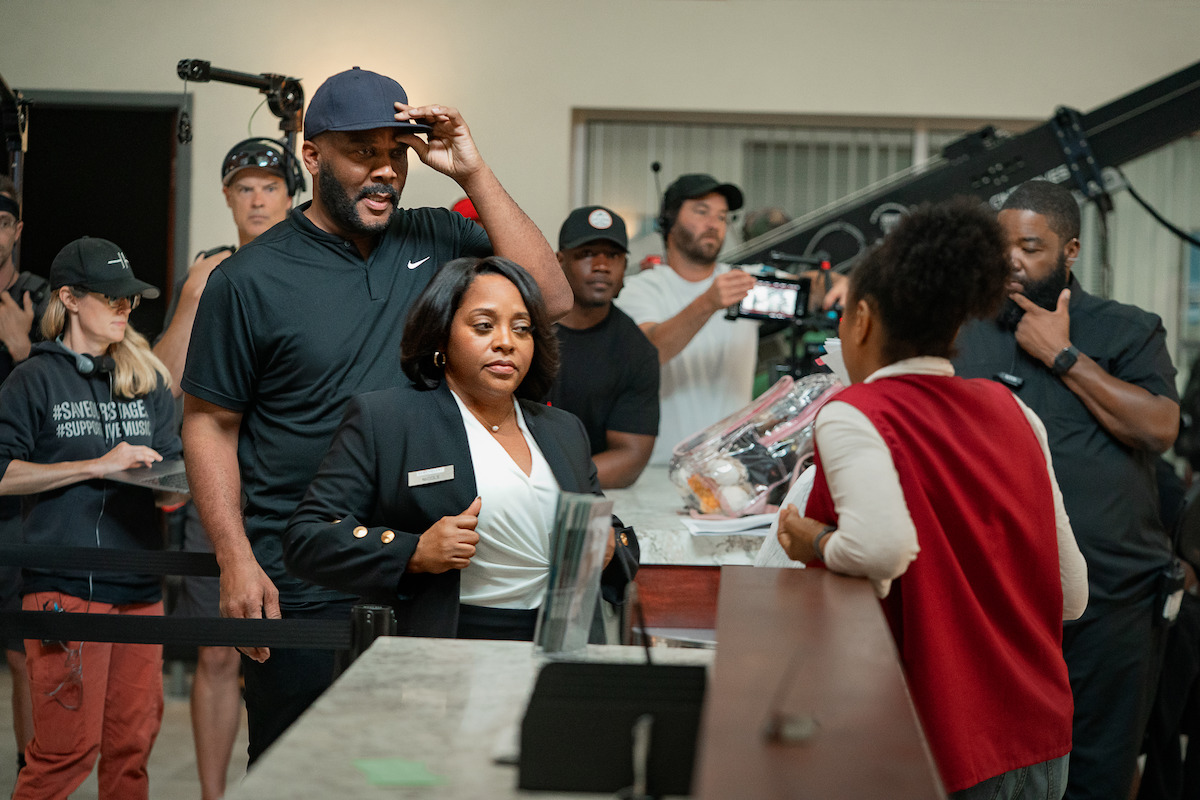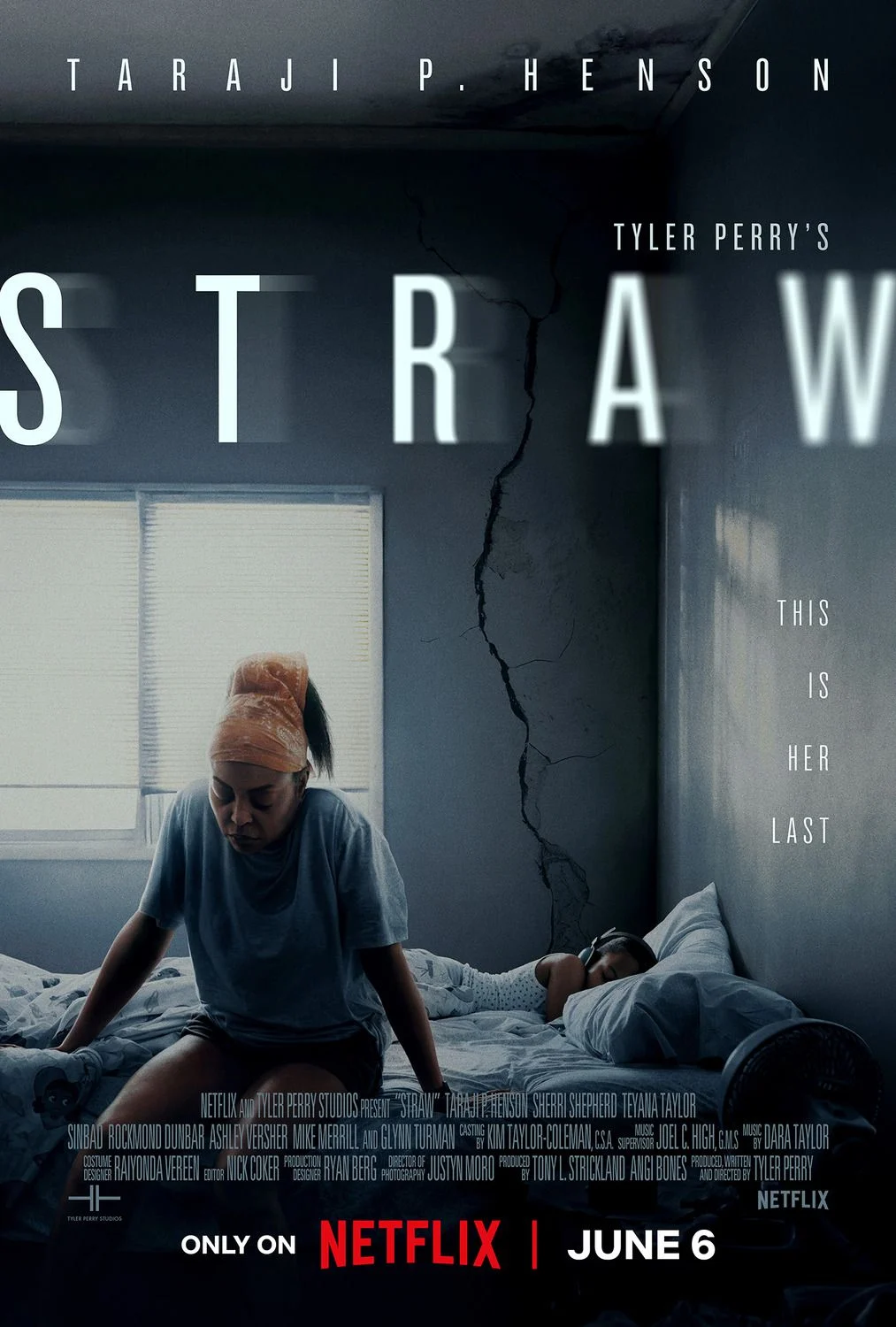With Straw, a new Netflix hit, Tyler Perry reignites debate about the way he represents Black women on screen. Sincere tribute or narrative confinement? Nofi opens the discussion.
Barely released, Straw—written, produced, and directed by Tyler Perry—soars to number one on Netflix. Starring Taraji P. Henson, the drama follows a struggling Black mother, cornered by poverty, trying to assert her rights in a world indifferent to her suffering. Fiction? For many, it’s a mirror of reality. For others, an all-too-familiar refrain.
On social media, the critiques sound off:
“Another suffering Black woman.”
“Another case of pain being exploited.”
Perry’s cinema stirs, moves, and divides—and has for over two decades.

Far from dodging criticism, Tyler Perry embraces it:
“Yes, my films talk about the struggles of Black women. Because I’ve seen them. Because they raised me,” he recently told True Love Magazine.
His mother, Maxine, embodies that experience. Beaten, resilient, sacrificed—she is the beating heart of his filmography. His autobiographical documentary Maxine’s Baby is a manifesto of this painful family memory.
But is personal history enough to justify repetition? Perry often speaks of homage. His critics accuse him, instead, of emotional and social voyeurism.

While Straw divides audiences, Taraji P. Henson’s performance garners praise across the board. Raw, makeup-free, her portrayal is visceral. Every tremble, every scream, every silence tells not only her character’s story—but the story of countless others.
She returns here to a register she explored in Acrimony and I Can Do Bad All By Myself—two other Perry collaborations where she already portrayed broken, betrayed, exhausted women.
But this time, the role feels denser, more deeply rooted in a chilling social reality: precariousness, health struggles, single motherhood, institutional violence. Marginalized America, in full view.

What critics reproach Tyler Perry for is not telling stories of suffering—but telling only these stories. Black women betrayed, beaten, abandoned, humiliated—perpetually at war with a hostile world, often with no true happy ending.
On X (formerly Twitter), one user summed it up:
“Tyler Perry loves making Black women cry for entertainment.”
Others, more nuanced, ask:
“Where are the stories of Black women who are loved, thriving, ambitious, powerful—without trauma?”
The issue, according to some analysts, isn’t what Perry shows—it’s what he never shows.

Paradoxically, Tyler Perry’s films work. Massively. They resonate deeply with a broad Black American and diasporic audience. One viewer wrote:
“I’m a Black woman. I’ve suffered. Thank you, Tyler Perry, for telling that part of me.”
This loyalty reveals a truth: for many, Black America still lives on the margins. And seeing that reality reflected on screen—in an industry that long ignored them—remains therapeutic.

But there comes a time when recognition is not enough. When one can say “thank you”—and then, “now show us something more.”
The goal isn’t to censor pain, but to widen the lens. To allow the Afro-descendant imagination to breathe differently: through joy, success, unbroken beauty, healthy love, legacy passed on—not lost.
In a world where stories shape perceptions (and therefore politics, bodies, destinies), the diversity of representation becomes a vital matter.

For all its flaws, Straw remains a crucial cultural conversation piece. It brings sensitive issues back to the forefront: institutional violence, female poverty, social scorn, the despair of Black mothers. Realities too often silenced.
But it also opens a path for Afro-descendant artists, producers, and screenwriters who yearn to tell other stories. Not necessarily idealized—but diversified.

At Nofi, we believe in the power of storytelling. And in its responsibility. Tyler Perry’s work should not be dismissed. It bears witness, it consoles, it provokes. But it also calls for a breath of fresh air.
It’s time to complete the picture. To invent new paths.
To create Straws, yes—but also Crowns, Dreams, Joys.
